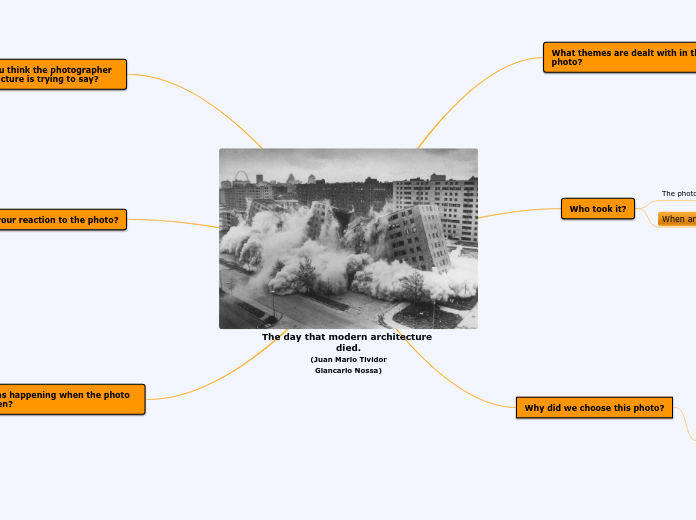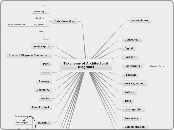Jacques Louis David
Jacques Louis David created beautiful vases that were inspired by the Greek-art style. His vases portrayed certain events such as the death of the great philosopher Socrates. Who even with the chance at a pardon of execution would not recant his workings and beliefs.
French Revolution
Napleon Inspired Paintings
Gros & Guerin
Romance of Science
Wright's scenes of scientific experiments
capriccio
French Royal Academy of Architecture
Salons
Charles Sackville, 2nd Duke of Dorsett
The portrait of Charles Sackville, 2nd Duke of Dorsett is the work of one of the most famous woman artists of 18th century art, Rosalba Carriera. Born in 1675 in Venice, Italy Carriera became famous for her beautiful pastel paintings. She was a very prestigious woman artist and as early as 1721, she was one of very few women admitted to the French Royal Academy. This was monumental for a woman artist because the members (all except 7 being men) in 1706 declared the academy closed to women. This declaration was imposed out of fear women would become to out number men within the academy. The women that were members of the academy were not allowed to participate in the contests for prizes. Carriera continued to flourish as an artist widely known for her "pastel" paintings and had many prestigious and historically influential patrons of the art world such as Louis XV and of course Charles Sackville.
Severn River Bridge
Iron
Landscaping and Architecture
Women in Art
Angelica Kauffmann
Adelaide Labille Guiardt
Chiswick House
In 1724, Richard Boyle, was inspired by Palladio's Villa Totunda for his own home. He commissioned William Kent to design the interior and grounds surrounding the project and the final product became known as the "English Landscape". (Stokstad,2008) This landscaping and architecture became a popular movement.
Gothic Return to Architecture
With the new English Landscape sytle flourishing through the 18th century also came the return of Gothic-syle consturcted buildings. One such fan of the Gothic-style architecture was politician and writer Horace Walpole who in 1750 wanted his England home "Strawberry Hill" to be redesigned following the Gothic Manner. The project was very time-consuming with a number of architects commissioned to work with Mr. Walpole on the project. Even the inside of the home was remodeled to the Gothic respects which spawned a popular fictional Gothic Novel. (Stokstad, 2008)
Archaeology
Neoclassical Art
With the exacation of Herculaneum and Pompeii in 1738, publications were made to the public about the dicoveries of the artifacts that were recovered. These included pottery, art etc. With this publications the public began to take interest in ancient art which in turn, fueled and contributed to the desire for Neoclassical Style. (Stokstad, 2008)
Antonio Canova
Samuel Adams
Thomas Jefferson's Monticello
John Singleton Copley
American Revolution
The American Revolution inspired artists such as Jean-Antoine Houdon to create great statues such as Houdon's Marble George Washington. Houdon was an artist who intertwined Neoclassicism and naturalism for his creations.It was also in 1776 that the Declaration of Independence was signed to declare the 13 colonies of the U.S. freedom from Britian.
Portraiture
History Painting
Industrial Revolution
The Enlightenment
The Enlightenment of the 18th century paved the way for many new areas of education such as philosophy and mathematics as well as the erruption of the famous style of Rococo painters.
Encylopedists
Denis Dierdot
Rousseau's Ideas
Rococo Style Artists
John Locke's Tabula Rasa
John Locke among many things was a philosopher. He concluded that at birth people are born with their minds being what he called "Tabula Rasa" or Blank Slate. Meaning that human behavior is learned based on what we observe through the senses. John Locke was also heavily influential on the government protecting basic rights of humanity.









